6 books recommended by novelist Ishmael Beah
The UNICEF ambassador recommends works by Edwidge Danticat, Hisham Matar, and more

A free daily email with the biggest news stories of the day – and the best features from TheWeek.com
You are now subscribed
Your newsletter sign-up was successful
Novelist and UNICEF ambassador Ishmael Beah is the author of A Long Way Gone, a memoir about serving as a child soldier in Sierra Leone. In his new novel, Little Family, five young people create a home in the fuselage of a downed plane.
Waiting for the Barbarians by J.M. Coetzee (1980).
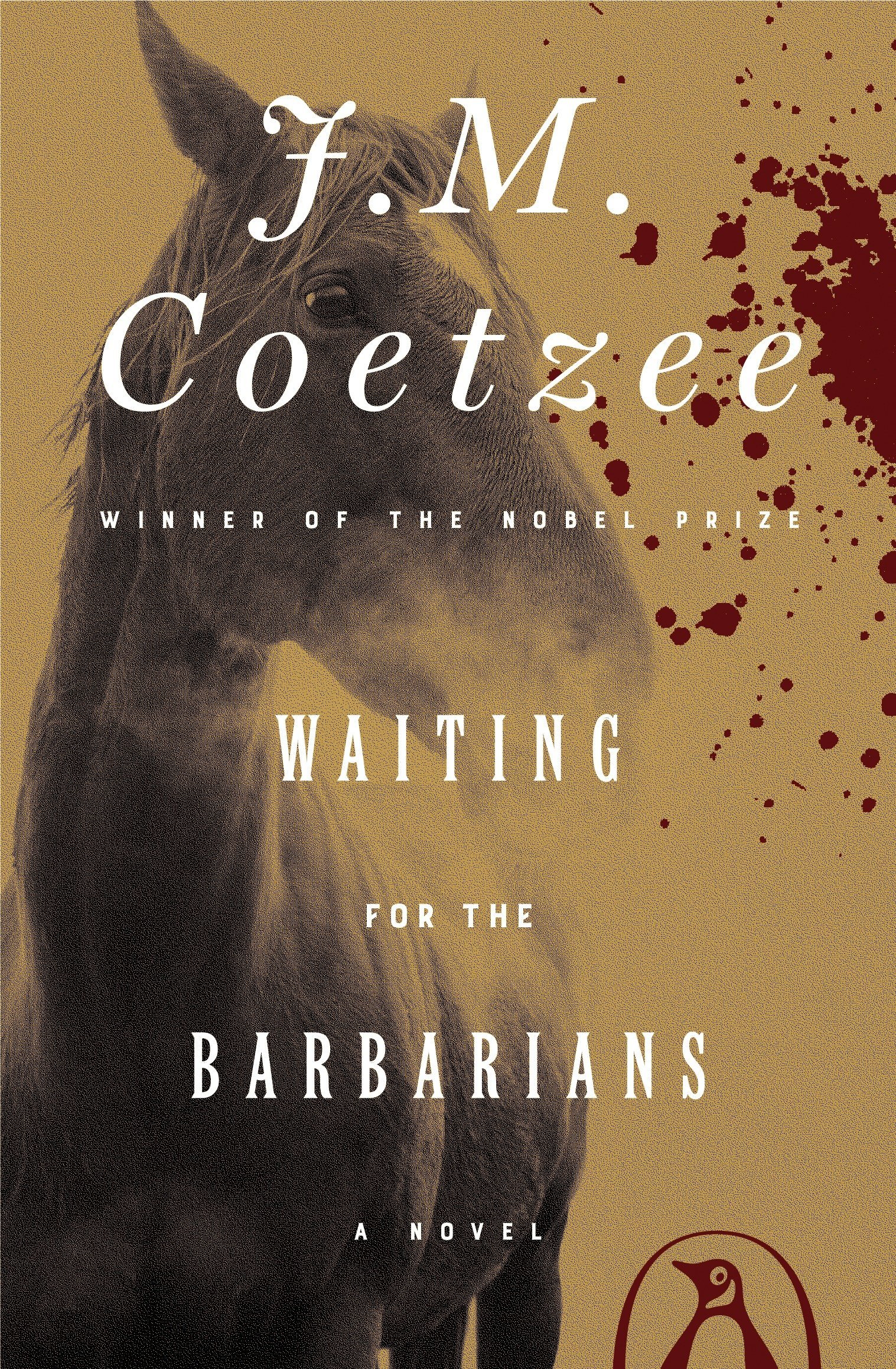
This is an astonishing allegory of the war between oppressor and oppressed and our complicity with institutions that ignore justice and decency. The prose is remarkably gripping and flows so seamlessly that you can't stop reading. The setting is nowhere and everywhere, no specific time and yet timeless. This book is a masterpiece.
The Week
Escape your echo chamber. Get the facts behind the news, plus analysis from multiple perspectives.

Sign up for The Week's Free Newsletters
From our morning news briefing to a weekly Good News Newsletter, get the best of The Week delivered directly to your inbox.
From our morning news briefing to a weekly Good News Newsletter, get the best of The Week delivered directly to your inbox.
The Farming of Bones by Edwidge Danticat (1998).
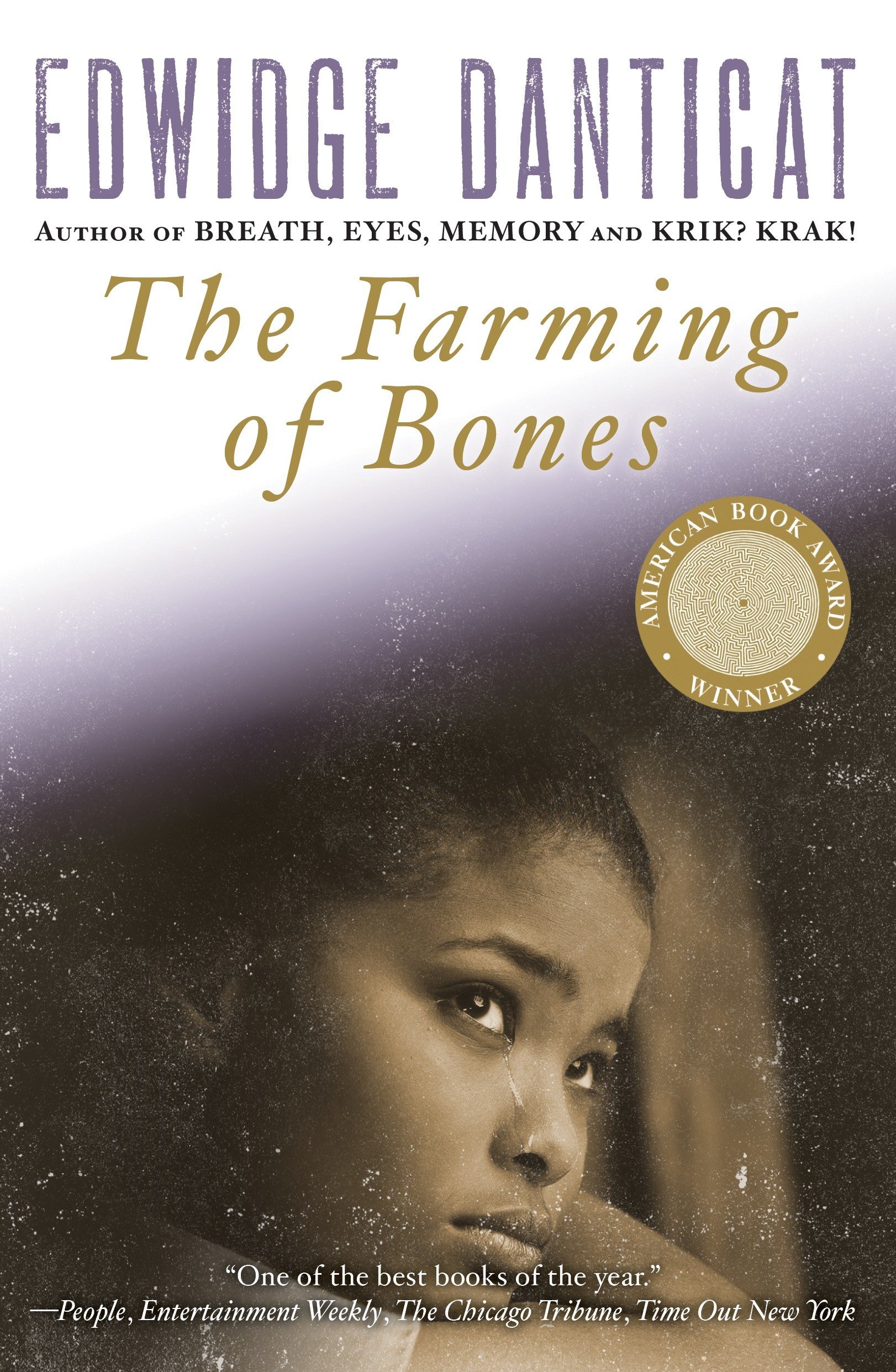
Based on a grim historical event in the Dominican Republic, this extraordinarily heartfelt novel is written in language so beautiful that it remains with you forever. You feel every moment, every emotion of the characters. And even when things are as sad as they can get, the writing soars.
In the Country of Men by Hisham Matar (2006).
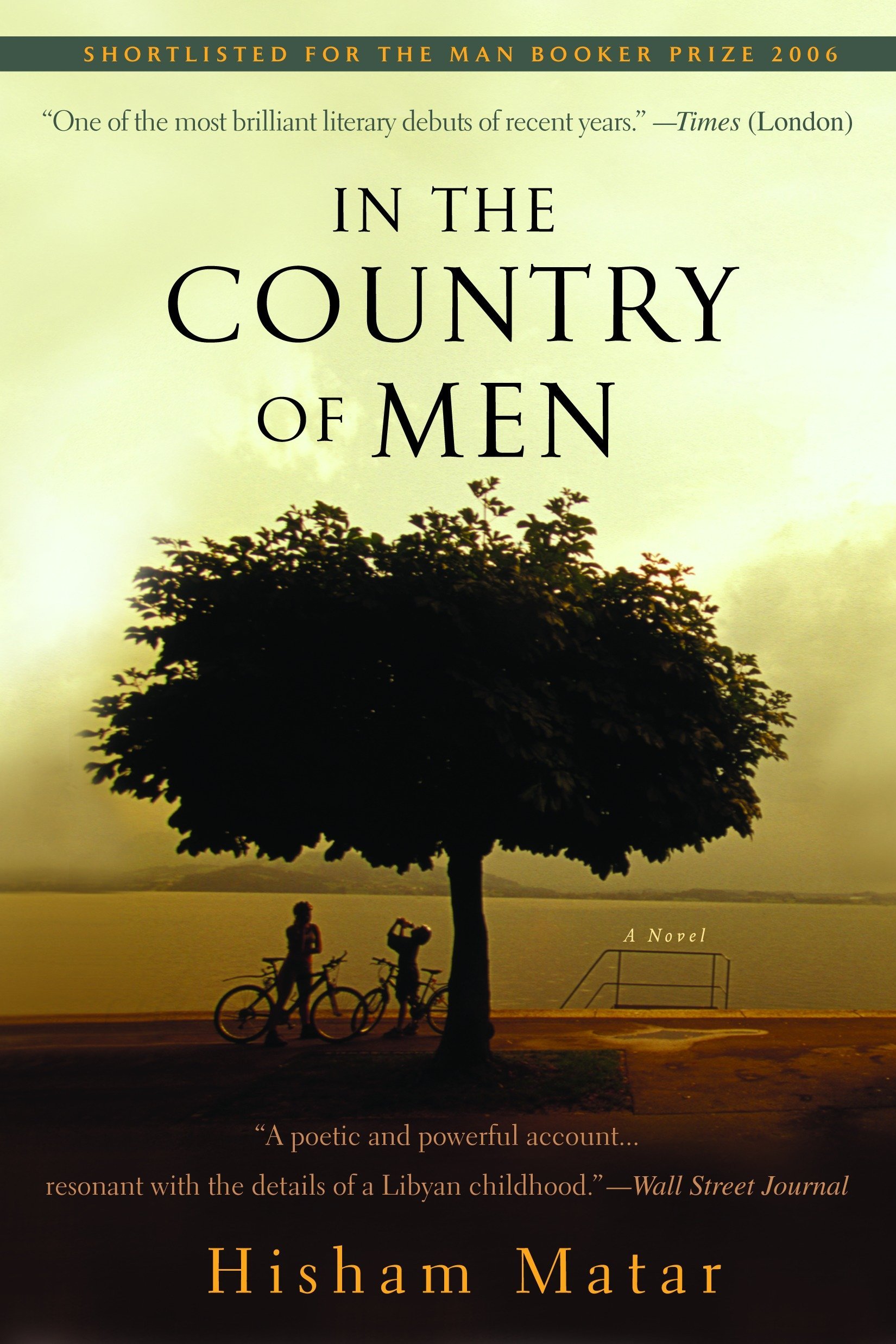
Set in Muammar al-Qaddafi's Libya, this novel is a true gem, capturing how in a child's experience of the fall of a country, even a ringing telephone represents danger. Matar has mastered the art of sensory invitation to an unknown world. Every little thing is deeply felt and absorbed, every bitter moment can be tasted on the reader's tongue.
A free daily email with the biggest news stories of the day – and the best features from TheWeek.com
Nervous Conditions by Tsitsi Dangarembga (1988).
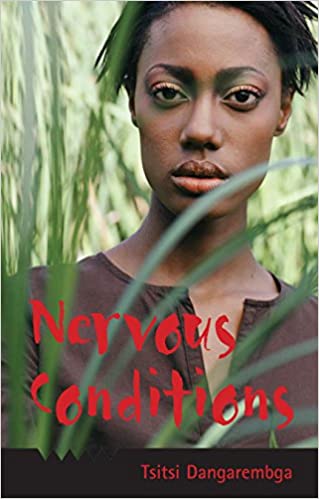
This classic and absolutely brilliant work — the first written in English by a Zimbabwean author — explores how we negotiate race, class, gender, and cultural change. Tambu, the young protagonist, is one of the most interesting characters you will ever come across, and she is portrayed with such raw honesty.
The Stranger by Albert Camus (1942).
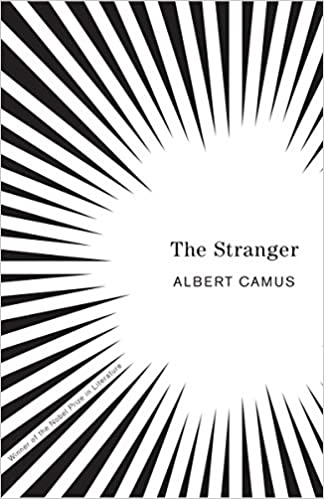
What defines humanity or makes someone human? This masterpiece answers the question in short, precise sentences. The smallest things that Meursault says or does speak volumes. The Stranger is essential reading.
The Bone People by Keri Hulme (1983).
I stumbled upon this Booker Prize–winning novel about a half-Maori painter and was moved by the wordplay and emotional complexities that were presented in such a mesmerizing storyline. The structure is unusually beautiful and original, the language personal, visceral, and poetic.
This article was first published in the latest issue of The Week magazine. If you want to read more like it, you can try six risk-free issues of the magazine here.
-
 6 exquisite homes with vast acreage
6 exquisite homes with vast acreageFeature Featuring an off-the-grid contemporary home in New Mexico and lakefront farmhouse in Massachusetts
-
 Film reviews: ‘Wuthering Heights,’ ‘Good Luck, Have Fun, Don’t Die,’ and ‘Sirat’
Film reviews: ‘Wuthering Heights,’ ‘Good Luck, Have Fun, Don’t Die,’ and ‘Sirat’Feature An inconvenient love torments a would-be couple, a gonzo time traveler seeks to save humanity from AI, and a father’s desperate search goes deeply sideways
-
 Political cartoons for February 16
Political cartoons for February 16Cartoons Monday’s political cartoons include President's Day, a valentine from the Epstein files, and more